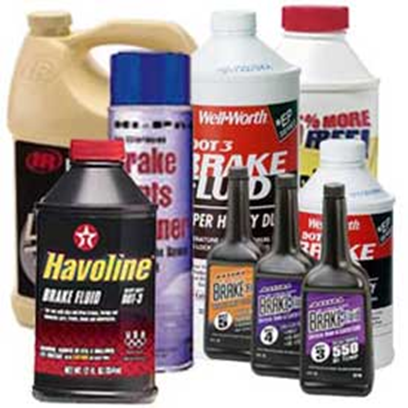Although your car cannot be fully described as a human being, still some car lovers say so; it still needs many essential things that a human would need to survive. It needs gas, food, to run and a garage, house, to park in. Additionally, your car needs to drink; water, oil, lubricates, and other fluids that your car would not even start without. Follows a short summary of the essential fluids that you need to pay continuous attention to:
Transmission Fluids: these fluid checks fall into two main categories:
– Manual Transmission: this check should be done with the engine off. You will need to get under the car and remove the filling plug. After that, stick your finger in; if you could feel the fluid on your finger then the fluid level is fine. Then, you need to check the color of the fluid.
– Automatic Transmission: unlike the manual transmission fluid check, the automatic transmission fluid check should be done with the engine running. You can find the dipstick behind the oil dipstick. Sometimes, depending on the car’s model, it is difficult to locate it, you can check the manual to get a clue. Start your engine after you find the dipstick and extract it. Clean it and insert it again and check the “too low, too high” marks. Generally, the automatic transmission fluid runs within a closed system. Whenever it is low, then you must be having a leak in the system. You should check the color of the fluid; if it is too dark you need to take your car to the service and have the oil changed.
Battery Fluid: If your car battery holds this note: “maintenance-free battery”, then your car manufacturer is telling you that the battery is sealed and you should not manipulate it. Most cars, however, still utilize traditional batteries, with six cells that need occasional refilling. It’s best to refill the car battery with distilled water, since it lacks contaminants and trace elements that can cause a corrosive buildup around the battery terminals. Always remember that the battery acid has sulfuric acid in it, which is highly dangerous to skin and eyes. You must always wear eye protection and gloves when handling your car battery.
Brakes Fluid: The braking system is a sealed network. Once you have a breaks fluid leaking, head immediately to the mechanic; a leaky braking system is the last thing you want to ignore. The breaking fluid is the main component of your car’s breaking system. Water is highly restricted of getting into this sensitive system. Hence, avoid dealing with the breaking fluid in the rain, unless in a garage.
Air Conditioner Fluid: The air conditioning system contains highly compressed gas that is transformed into liquid because of high pressure. It is best to have it checked at a professional mechanic garage.
Window Washer Fluid: Some people do not pay enough attention to this fluid which is nothing more than water. This is an important fluid in your car that must be checked regularly because no one knows when it might start raining or the weather go sandy! Some vehicles may also have a second water container, located in the rear of the vehicle, to supply the rear wipers. That one should also be checked because the rear view is not less important than the front view.
If you’re unable to locate these fluid containers locations, consult your car manual, but never ignore the “Waters” of your car. Maintaining proper fluid levels insures safe and trouble-free driving. It takes only a few minutes, and can often protect you by solving a problem before it becomes a serious crisis.
For more information about sell used cars, please visit



